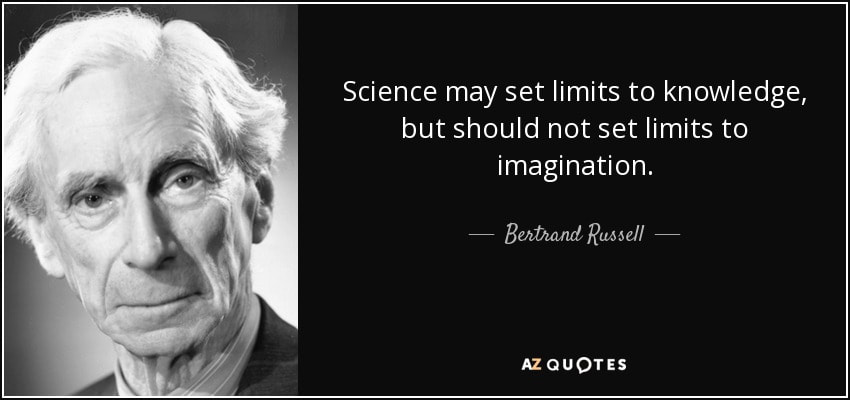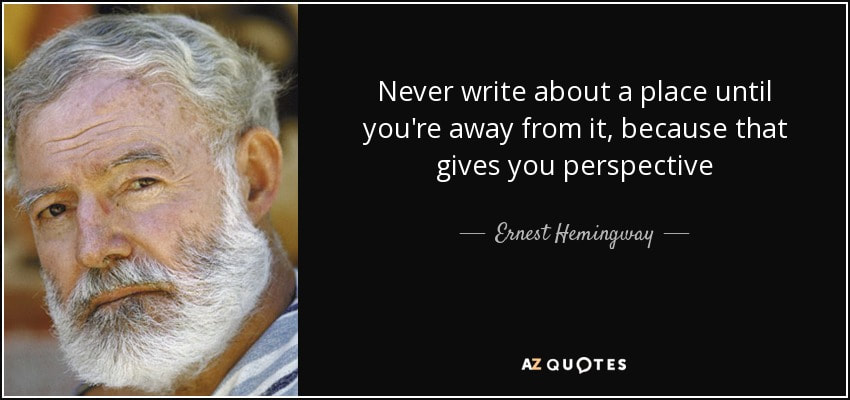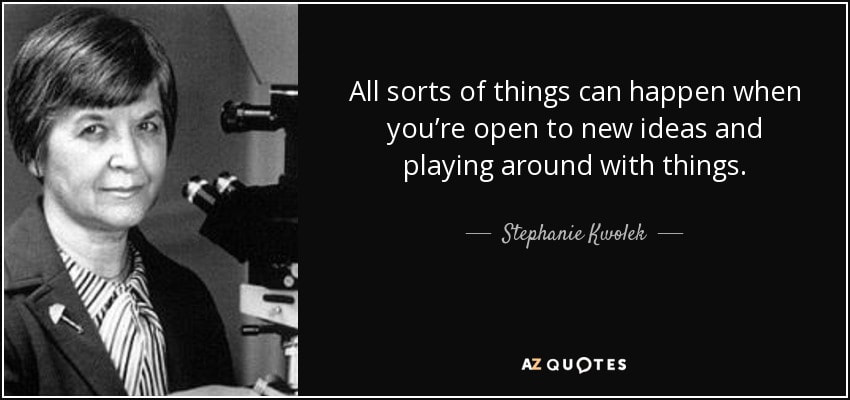The TOK 'knowledge framework'.
|
Scope
This is concerned with the extent and limitations of our knowledge.
Examples of knowledge questions relating to scope include the following.
|
Perspectives
This is concerned with how viewpoints are influenced by time and place.
Examples of knowledge questions relating to perspectives include the following.
|
|
Methods and Tools
This is concerned with the ways and means by which we acquire knowledge. (See 11e critical thinking)
Examples of knowledge questions relating to scope include the following.
|
Ethics
This is concerned with how scope, perspectives and methods might be influenced by what we consider to be right and wrong.
Examples of knowledge questions relating to ethics include the following.
|




